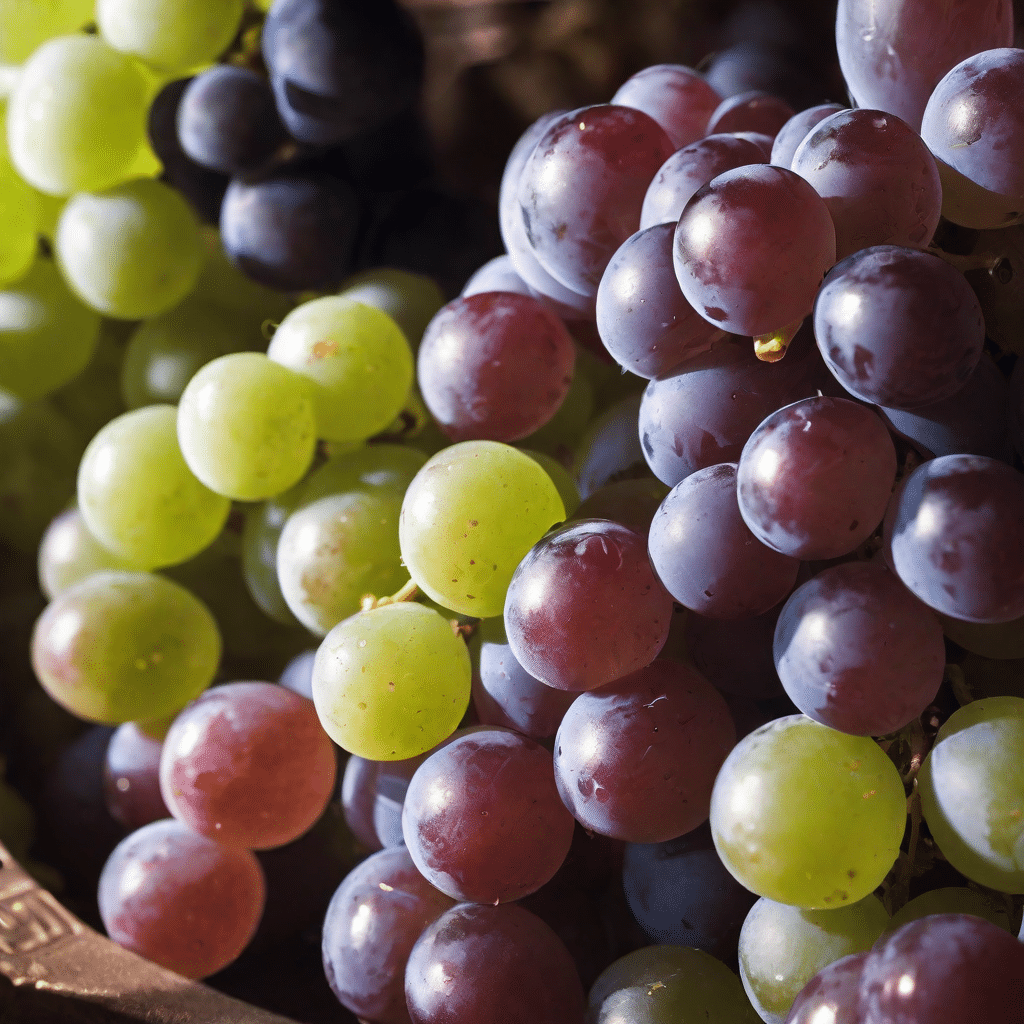Whether you’ve found yourself with an abundance of grapes that you can’t finish or you’re looking for a cool snack for a hot day, understanding the ins and outs of freezing grapes is essential. So, let’s embark on this frosty journey together and turn those juicy bunches into delightful, icy treats!
Before we dive into the “how,” let’s talk about the “why.” Freezing grapes can be incredibly beneficial for several reasons:
The best candidates for freezing are grapes that are fresh, plump, and free from blemishes. Make sure to choose grapes that are ripe, as they won’t ripen further once frozen.
Thoroughly rinse your grapes under cool water to remove any pesticides or dirt. After washing, remove the grapes from the stems and pick out any that are damaged or overly soft.
To prevent ice crystals from forming on the grapes, dry them completely. Lay them out on a clean kitchen towel or paper towels and pat them gently. Any excess moisture can lead to a clumpy, frosty mess rather than individually frozen grapes.
Spread your grapes out on a baking sheet in a single layer, ensuring they’re not touching. This process is known as flash freezing and helps keep the grapes from sticking together in the freezer. Place the tray in the freezer and leave it for a couple of hours or until the grapes are fully frozen.
Once your grapes are frozen solid, transfer them to airtight containers or resealable freezer bags. Removing as much air as possible will help prevent freezer burn. Label the containers with the date, so you know how long they’ve been stored.
Frozen grapes can be enjoyed straight out of the freezer as a cool snack, or used in various culinary creations. Remember that frozen grapes will be softer once they thaw, so they’re best enjoyed still frozen or slightly chilled.
When it comes to freezing any type of food, safety is a priority. According to the FDA, freezing does not destroy harmful germs, but it does keep food safe by preventing the growth of microorganisms that cause both food spoilage and foodborne illness.
It’s important to handle your grapes properly before freezing:
One common concern is whether freezing grapes affects their nutritional value. The CDC states that freezing “locks in” the nutrients of fruits and vegetables at their peak. So, you can rest assured that your frozen grapes are just as nutritious as fresh ones.
However, texture is a different story. Freezing will change the texture of grapes due to the expansion of water inside them when it turns to ice. This means that while frozen grapes maintain their flavor, they’ll have a firmer and crunchier texture once frozen.
Frozen grapes are incredibly versatile. Here are some creative ways to use them:
Hello, fellow home chefs and food safety sleuths! It’s your friendly neighborhood FoodSafetyDad here, eager to unravel another kitchen conundrum for you. Today, we’re putting our focus on a fruit that’s as nutritious as it is delicious—grapes. But not just any grapes; we’re talking about the possibility of giving these little orbs of goodness a chilly home in the depths of your freezer. So, let’s dive into the cool world of grapes and answer a question that may be on the tip of your tongue: Can I freeze grapes?
Freezing grapes is not just a great way to save money and reduce waste, but it also opens up a new dimension of culinary creativity. Whether you’re using them to keep your drinks cold or enjoying them as a standalone snack, grapes maintain their nutritional value and offer a unique texture and flavor when frozen.
Remember to select the best grapes, prepare them properly, and freeze them safely. With these tips, you can confidently say, “Yes, I can freeze grapes, and I’ll do it like a pro!”
Takeaways:


